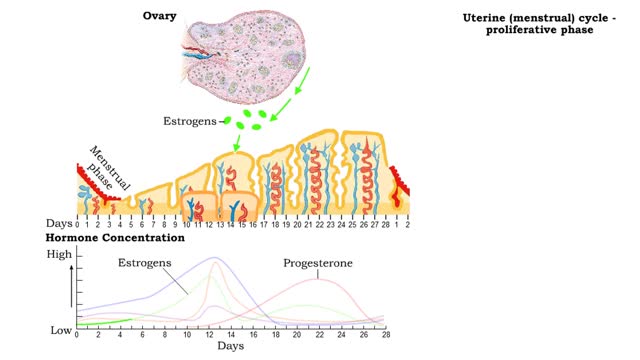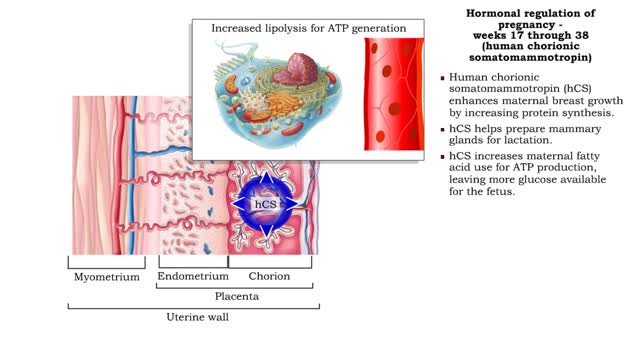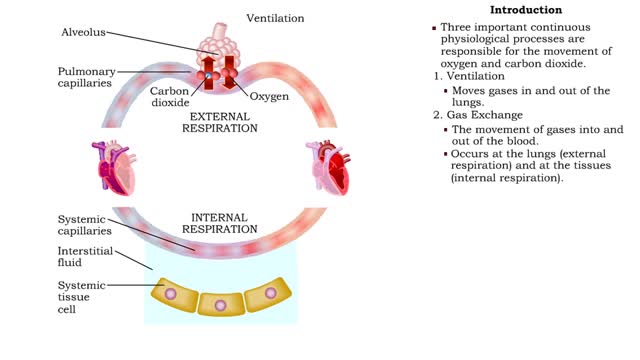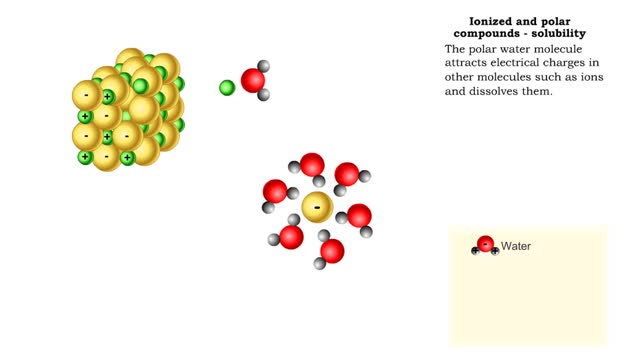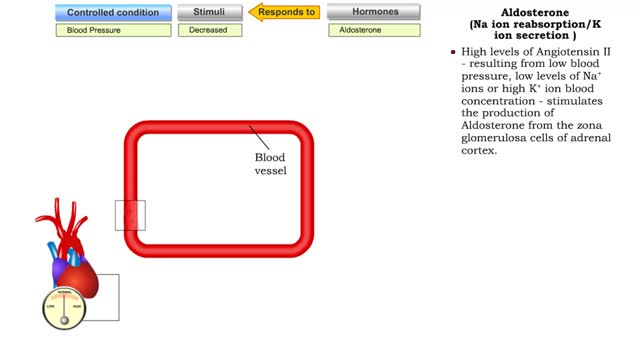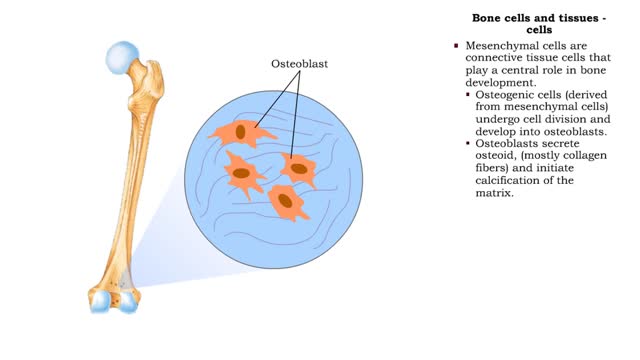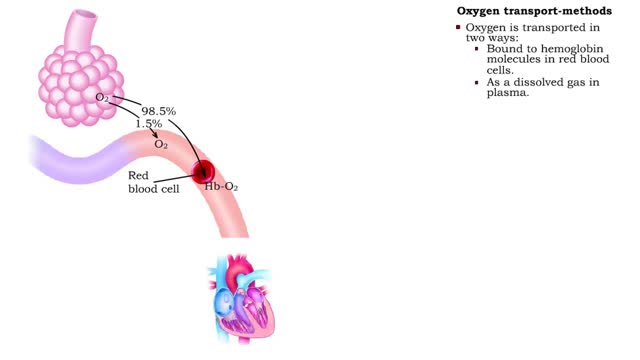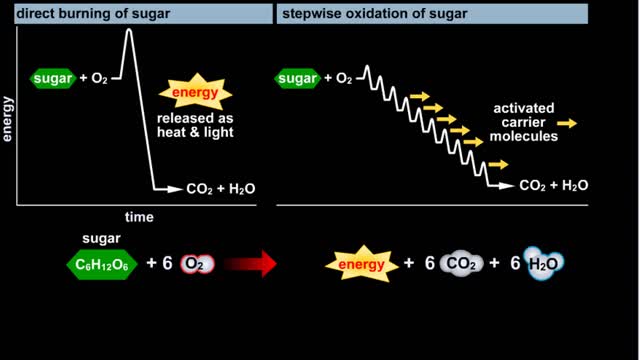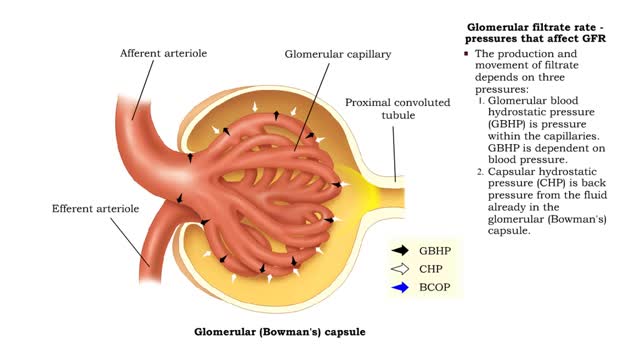Search Results
Results for: 'The Hypothalamus: The Body's Thermostat'
Uterine (menstrual) cycle - phases
By: HWC, Views: 10885
• The uterus goes through a cyclical developmental pattern to be ready for implantation and support of an embryo. • The uterine, or menstrual, cycle is under the control of ovarian horrnones. • The uterine cycle also has three phases: • Menstrual phase • Proliferative phase �...
Hormonal regulation of pregnancy - weeks 17 through 38
By: HWC, Views: 11204
• Estrogens increase uterine blood flow, maintaining the endometrium during pregnancy. • High levels of estrogen and progesterone inhibit the synthesis of milk. Progesterone inhibits myometrial contractions of the uterus to prevent premature birth. • Relaxin inhibits myometrial contract...
By: HWC, Views: 10943
• The respiratory system is responsible for the movement of gases involved in cellular metabolism. • Oxygen is used up and carbon dioxide is generated during the aerobic breakdown of glucose and other fuel molecules in order to produce ATP. • Three important continuous physiological pro...
Properties of water -structure of water and polarity (Ionized and polar compounds)
By: HWC, Views: 11074
■ Water transports most of the molecules in the body. ■ The structure of a water molecule allows it to dissolve other molecules. ■ Shared electrons spend more time near the oxygen atom. ■ Oxygen end has a partial negative charge. ■ Hydrogen ends have a partial positive charge....
Atrial natriuretic peptide (vasodilation) & Aldosterone
By: HWC, Views: 10680
• Certain situations will cause the body's stress level to rise. • increased blood pressure will stretch the atria of the heart, stimulating the secretion of atria natriuretic peptide (MP). • ANP causes muscle cells in blood vessels to relax. • Blood pressure is lowered as a result ...
Bone cells and tissues - tissue composition and cells
By: HWC, Views: 11748
Bone tissue consists of bone cells secreting bone matrix. • The extracellular bone matrix is a connective tissue that is hard, yet flexible. • Collagen fibers provide flexibility. • Inorganic mineral salts (primarily calcium phosphate, or hydroxyapatite) provide hardness. • Togethe...
Oxygen transport - methods and oxyhemoglobin
By: HWC, Views: 10805
• The blood is the medium used for gas transport throughout the body. • Oxygen is only available in the lungs. Because the partial pressure of oxygen is higher in the alveoli than in the blood, oxygen diffuses into the blood and is transported to systemic cells. • At the tissues the par...
Glycolysis - Introduction to ATP and the burning of sugar
By: HWC, Views: 11180
Do you use sugar with your coffee or tea? Or do you occasionally drink a sport or soft drink? As millions of people do each day, they obtain energy from the sugar added or contained in these drinks. How can we understand this concept of energy within a sugar molecule? Let's take a tablespoon ...
Glomerubular filtrate rate -pressures that affect GFR and net filtration pressure
By: HWC, Views: 11363
• The glomerular filtration rate is the amount of filtrate formed per minute within the renal corpuscle. • Once the filtrate is formed it moves down the tubule. • The production and movement of filtrate depends on three pressures: I. Glomerular blood hydrostatic pressure (GBHP) is pre...
Advertisement



